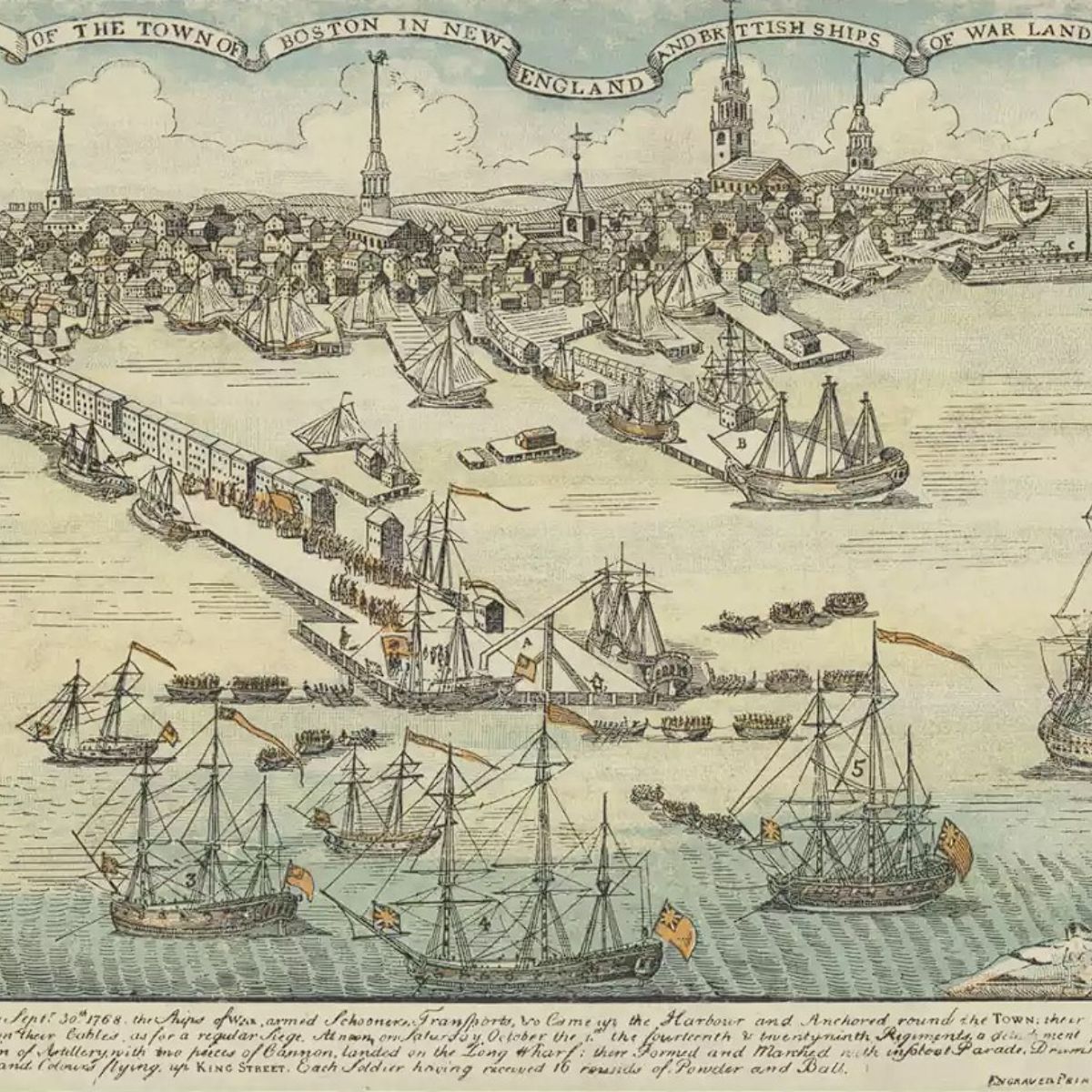Charles Townshend proposed a series of acts known as the Townshend Acts to raise revenue for the British colonies.

England had a great amount of debt after the Seven Years' War and believed that the colonists should pay their fair share of the debt since they benefited from Britain's military strength. The acts included in these acts are the:
- Revenue Act of 1767
- Indemnity Act
- Commissioners of Customs Act
- Vice Admiralty Court Act
- New York Restraining Act.
Through these acts, Britain believed it would show the colonists the power it had. Britain believed that it was their right to levy taxes on the colonies and that the colonies must comply. Unfortunately, these acts were not complied with, and the colonists rebelled against them. Britain dispatched British regulars to keep the peace in Boston. However, they became the very trigger for rebellion. The very presence of British soldiers ignited anger within the colonies and eventually led to the Boston Massacre.
Most of the Townshend Acts were repealed on the same day of the Boston Massacre. All except the tea tax, which would eventually lead to the Boston Tea Party and the commission of Thomas Gage to Boston. These acts, along with the Sugar Act of 1764 and the Stamp Act of 1765, would lead to the Battle of Lexington and Concord in 1775 and to the American Revolution.
